THE INTERNATIONAL DIMENSIONS OF
CYBERSPACE LAW
First published 2000 by Dartmouth Publishing Company and Ashgate Publishing
Reissued 2018 by Routledge
2 Park Square, Milton Park, Abingdon, Oxon OX14 4RN
711 Third Avenue, New York, NY 10017, USA
Routledge is an imprint of the Taylor & Francis Group, an informa business
Law of Cyberspace Series, no. 1
Bruno de Padirac, General Editor
This volume edited by Teresa Fuentes-Camacho
Copyright UNESCO, 2000
The authors are responsible for the choice and the presentation of the facts contained in this book and for the opinions expressed therein, which are not necessarily those of UNESCO and do not commit the Organization.
The authors have asserted their moral right under the Copyright, Designs and Patents Act, 1988, to be identified as the authors of this work.
Published jointly with the United Nations Educational, Scientific and Cultural Organization
All rights reserved. No part of this book may be reprinted or reproduced or utilised in any form or by any electronic, mechanical, or other means, now known or hereafter invented, including photocopying and recording, or in any information storage or retrieval system, without permission in writing from the publishers.
Notice:
Product or corporate names may be trademarks or registered trademarks, and are used only for identification and explanation without intent to infringe.
Publishers Note
The publisher has gone to great lengths to ensure the quality of this reprint but points out that some imperfections in the original copies may be apparent.
Disclaimer
The publisher has made every effort to trace copyright holders and welcomes correspondence from those they have been unable to contact.
ISBN 13:978-1-138-74317-5 (hbk)
ISBN 13:978-1-315-18191-2 (ebk)
Anna Maria Balsano is responsible for intellectual property matters at the Legal Affairs Department of the European Space Agency. An Italian lawyer registered at the Rome Court of Appeal, she is the author of numerous papers on intellectual property and space activities which have been presented at international fora and published in a number of reviews.
Teresa Fuentes-Camacho is a Doctor of Law (PhD) of the University of Paris II, officially recognized in Spain, and is a lawyer at the Madrid Bar Association. She has also been a researcher and Professor of International and European Law. An international civil servant since 1994, she has been responsible for several projects on international legal affairs, particularly in the fields of culture and communication. As a legal officer, she is responsible at UNESCO for the legal aspects of the UNESCO project on the information society.
Gareth Grainger, a lawyer, is Deputy Chairman of the Australian Broadcasting Authority. He is Chairman of the International Council on Young People and Media Research Forum, Chairman of the Communication Network of the Australian National Commission for UNESCO and Vice-Chairman of Commission V of the UNESCO General Conference.
Christina Hultmark is Professor of Commercial Law and Doctor of Law of the University of Gothenburg (Sweden). She is Head of the Swedish Delegation to the UNCITRAL Working Group on Electronic Commerce. She is an expert with UNESCO on the question of cyberspace law and with the International Chamber of Commerce Project on Electronic Commerce, besides being a member of the Coordination Group in the Project towards a European Civil Code. She has authored numerous books and papers on contract law and electronic commerce.
Elizabeth Longworth (LLM) is Principal of a law and consultancy firm in Auckland (New Zealand) and an adviser to the New Zealand Law Commission on electronic commerce. She is a professional mediator and has worked with, or made presentations to, the New Zealand Law Society, UNESCO, ISO, the Australian Broadcasting Authority, the EU Telecommunications Data Protection Working Group and OECD. Co-author of the leading text on New Zealands privacy law, she has also authored numerous books and papers on information law and policy, legal implications of new technologies, and privacy and alternative dispute resolution.
Bruno de Padirac is a UNESCO civil servant, responsible for the societal aspects of new information and communication technologies. He has been in charge of projects on science and technology policies and ethics, computerized information systems, and management reforms.
Yves Poullet is Dean of, and Professor at, the Faculty of Law, and Director of the Centre for Research on Informatics and Law of the University of Namur (Belgium). He is a member of the Legal Advisory Board of the European Commission and of the Belgian Data Protection Commission. He has been associated many times, as an expert, with the Council of Europe, the European Commission and UNESCO. He sits on the editorial board of a number of legal newspapers specializing in information law.
Pierre Trudel is Professor at the Centre for Research in Public Law, Faculty of Law, University of Montreal (Canada). He is the author of numerous books and papers on cyberspace law, communication law, human rights law, civil law and intellectual property law.
The Law of Cyberspace series, under the direction of UNESCO, deals with the legal aspects of the emerging information society and corresponding ethical matters. The Organizations multidisciplinary nature means that the series will be of a far-reaching nature, with studies ranging from national, regional and international law to social and political science, philosophy and ethics, and international relations.
The series is intended to foster pluralist ideas and opinions. The authors are leading academics and professionals who are the principal actors in cyberspace from the public and private sectors all over the world. All are engaged in transdisciplinary reflection and international consultation on the use of the new information and communication technologies to ensure that the emerging information society is more democratic for all. The series is open to the publication of studies and contributions from specialists everywhere at national and international levels.
The intention is to extend the consensus on legal principles, which are the basis of existing international instruments, to alternative ethical values and to reflect this in a universal declaration on cyberspace and human rights. The series is intended for all those whose work relates to philosophy, culture, education, science, technology, industry, politics and the law and who desire to keep informed of cyberspace law developments.
* Internet site: www.unesco.org/cybersociety.
The object of The International Dimensions of Cyberspace Law, the first volume in UNESCOs Law of Cyberspace series, is to examine the international dimensions of cyberspace law and the timeliness of drawing up the most appropriate international standard instrument for this new environment, exploring ways and means of achieving it and defining the Organizations precise role in this respect.
The framework that UNESCO is helping to develop for the international community, with the participation of all the actors in cyberspace, should be:
Ethical: based on the application to cyberspace of the ethical values and legal principles which lie at the heart of the various international legal instruments, including freedom of expression, universal access to information and knowledge, reliability and harmlessness of information, protection of privacy and personal data, protection of intellectual property, and cultural and linguistic diversity.




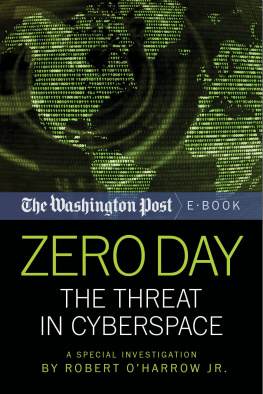

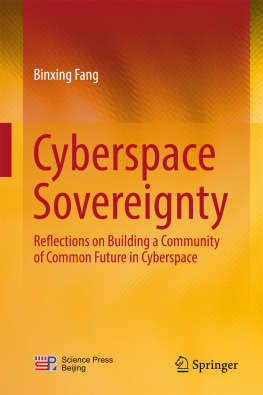
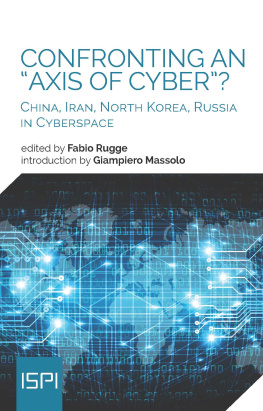
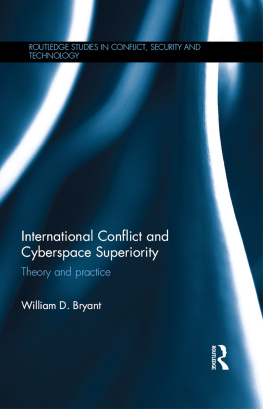
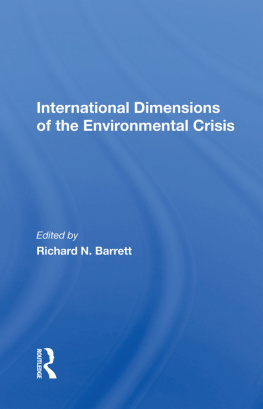
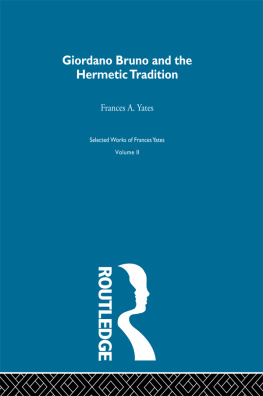
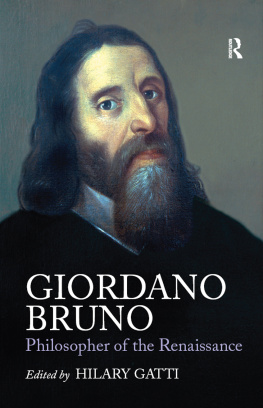
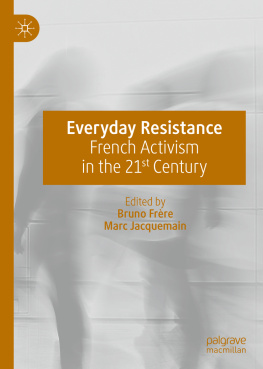
![Bruno Skvorc [Bruno Skvorc] - Build Your First Ethereum DApp](/uploads/posts/book/119691/thumbs/bruno-skvorc-bruno-skvorc-build-your-first.jpg)